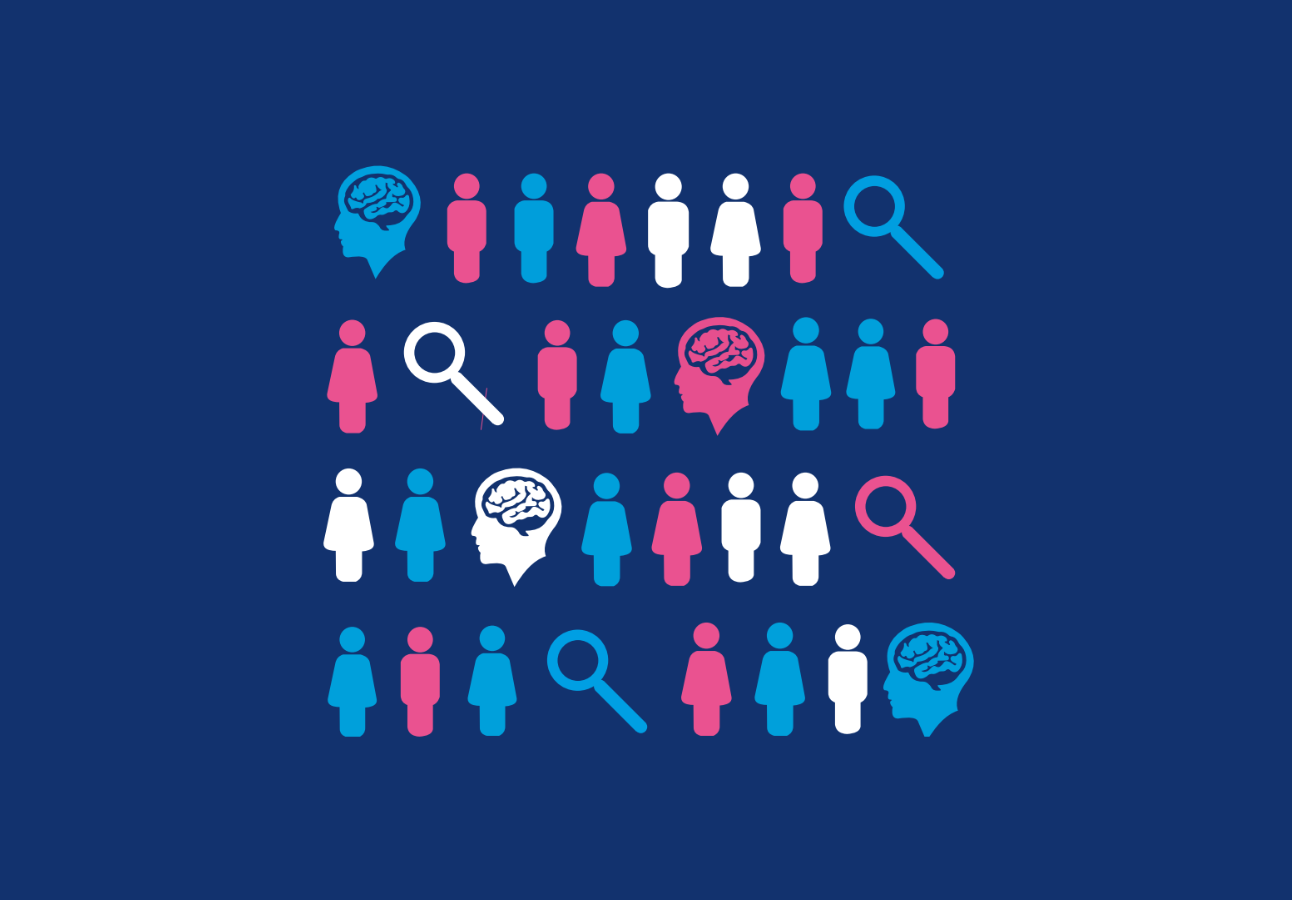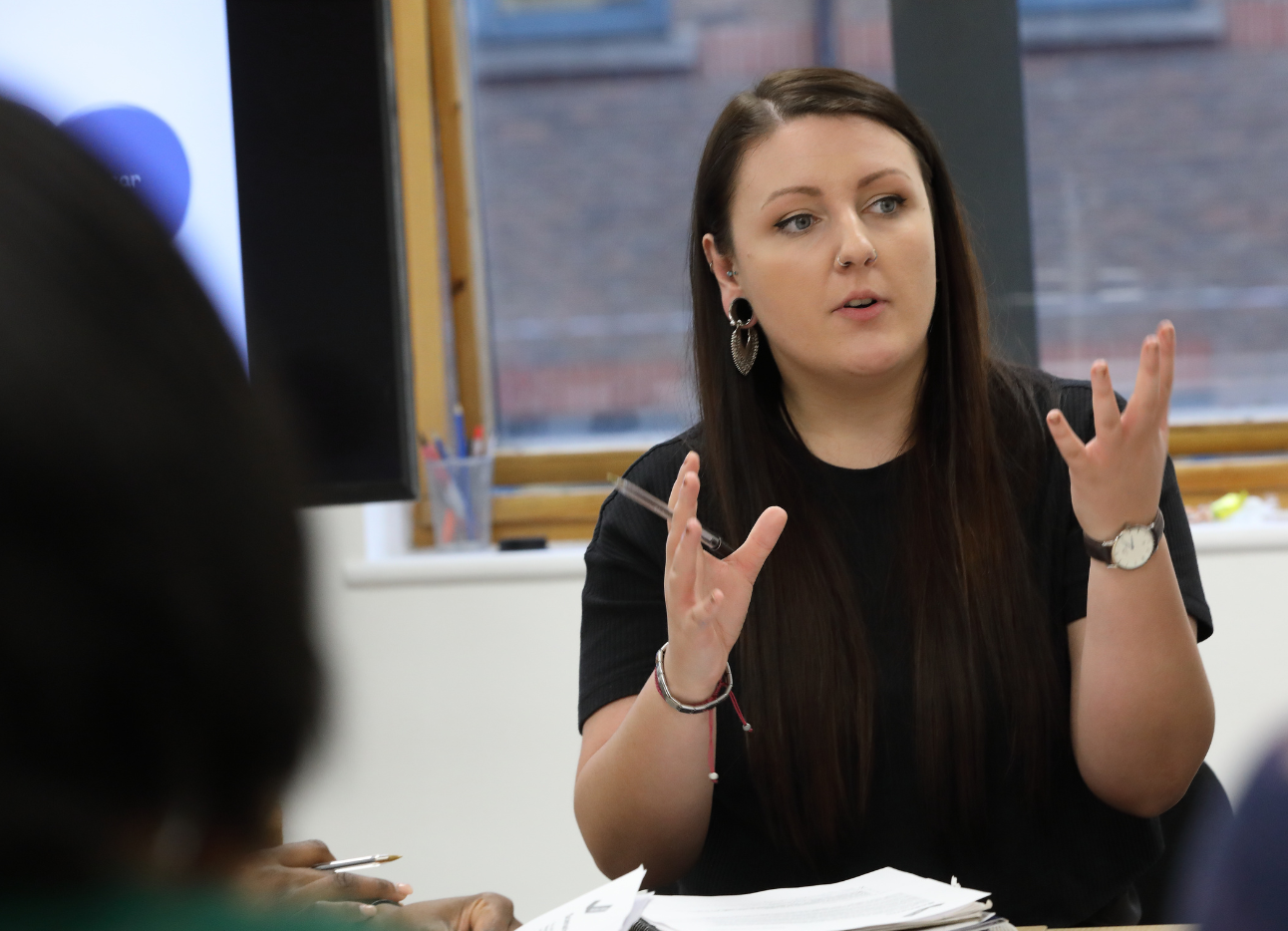
Tips for mental health professionals working with survivors of domestic abuse
Sarah Hughes, Mental Health Coordinator at Standing Together, shares some practical tips for professionals working with survivors of domestic abuse
Standing Together is part of the Pathfinder Project; a consortium of specialist domestic abuse services working with healthcare services nationally to build on existing pockets of good practice with the aim of developing best practice.
Domestic abuse is known to be a major cause of mental health problems for women, and yet our mental health services have some distance to travel in fully optimising their role. Much guidance has been released over the last 20 years highlighting the need for a better mental health response to the issue. Some key components of the response being routine enquiry into domestic abuse in mental health services, women-only services, comprehensive stand-alone Trust domestic abuse policies and a minimum standard of domestic abuse training for mental health professionals.
There are few (if any) Mental Health Trusts in the country that can tick all of these boxes. There is a host of reasons why this may be the case, however one key reason is societal attitudes and beliefs that diminish the importance of women’s mental health and the major factors which contribute to it.
This can be seen as far back as the days of Freud and his discovery of the strange ‘coincidence’ that was the proportion of women with ‘hysteria’ who had been abused at some point in their lives, and as recently as modern literature showing the striking similarities between symptoms of ‘complex trauma’ and symptoms of ‘personality disorder’.
I started working for Standing Together three years ago as a Mental Health Coordinator. I have met and trained hundreds of mental health professionals in that time and there are many things I have learnt about how domestic abuse can be viewed within the mental health service. There are lots of mental health professionals out there who fully understand the link between domestic abuse and mental health and who work hard to ensure a survivor’s safety. However, as is typically the case with people that haven’t had any training on domestic abuse, often there are misconceptions about where it comes from, who perpetrates it, who the victims are and what good support looks like for survivors.
I’ve had mental health professionals say; ‘How do I really know it’s gendered?’, ‘Why do some women continually seek abusive partners?’ and ‘It only really happens in other cultures’. I once had a meeting with a Talking Therapies service lead in which he referred to domestic abuse as a ‘niche’ problem and that the service was more focussed on other things such as getting service users into employment.
Unfortunately, the current mental health service system is not set up to equip professionals to provide a safe and adequate response for survivors, with lack of training on the issue being a major factor.
Practice tips
Here are some ‘practice tips’ for any mental health professionals out there that are unsure of how to work with survivors:
- Ask a question about it: You’re likely to feel worried about starting the conversation so, be aware of what kind of support you need. However, the more you ‘open the can of worms’, the more familiar you will become with dealing with the response. Something as simple as ‘Are there times when you’ve ever felt unsafe or afraid of somebody at home?’ can be a good way to open up the conversation.
- Don’t ask the question in the presence of anyone else: Even if it seems like a trustworthy partner, family member or friend. The issue of domestic abuse should always be explored with the survivor alone.
- Listen and believe: Disclosing experiences of domestic abuse can be terrifying for the survivor. Listen to what they are saying and let them know that it’s not their fault, it happens to lots of people and you can help them find support.
- Don’t tell them to leave: Separation, whether it is from an abusive partner or family member is a time of increased risk to the survivor’s safety. Therefore, the survivor needs to do this when they are ready, if they are ever ready, and with coordinated help from the system.
- Familiarise yourself with tools: These will help you assess the level of risk posed from a perpetrator of domestic abuse. A good one is the Domestic Abuse, Stalking and ‘Honour’-Based Violence Risk Indicator Checklist (DASH RIC). This can be found easily online, along with guidelines on how to use it.
- Find out what support services are available In your area and use them for both advice for your own practice and a source of invaluable support for survivors.
- Talk about it with your colleagues: How do they respond to survivors? Are they struggling? Talk to your team about any problems you’re having with responding safely to survivors; it is likely that most other mental health services are having the same issues.
- Finally, find out what kind of training you can access on the topic: Often the local authority safeguarding boards will offer domestic abuse training days free for health professionals.
About Sarah Hughes
Sarah Hughes has worked for Standing Together Against Domestic Violence for three years as a Mental Health Coordinator, and is studying for an MSc in Mental Health Studies at King’s College University.
Her role at Standing Together involves working with two Mental Health Trusts to improve the service response to survivors of domestic abuse. This includes; training mental health professionals, writing policies and procedures, setting up ‘Domestic Abuse Lead’ networks, improving trust participation in local multi-agency responses and addressing any barriers that may arise whilst implementing a change in practice.
You may also be interested in


Safe and Well: mental health and domestic abuse Spotlight report

